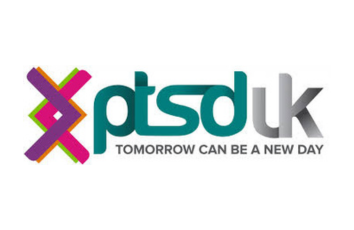Trauma and PTSD
When something difficult happens
We can feel traumatised by all kinds of difficult experiences, perhaps from bullying, an assault, a traumatic loss, or accidents at home or at work.
Information and support around trauma
When something difficult happens in life, afterwards we may experience a range of feelings, including fear, anxiety, depression, anger, and guilt.
In the immediate aftermath, these feelings are very common and completely normal.
We might feel we need to talk about what happened to family and friends, we often begin to see danger and bad things everywhere and we may need reassurance that it is over and now we are safe.
If these feelings persist, then we might be experiencing symptoms of post-traumatic stress disorder (PTSD).
These include:
+ Re-experiencing
- Nightmares or disturbing dreams about what happened.
- We may find that thoughts about it come into our minds unbidden
- Some people experience something called flashbacks where we feel that we are reliving what happened and can lose our sense of being present “as if we are back there”
+ Avoidance
- Feeling that doing certain things bring back strong reminders of what happened and so we avoid doing these things
- Driving
- Watching certain things on TV (e.g. hospital programmes, shouting)
- Certain sounds (e.g. loud bangs, ambulance sirens)
- Smells (e.g. smoke, hospital cleaning fluid).
+ Easily Startled
- We may find that we are nervous, jumpy, or on edge, as if we are waiting for something bad to happen.
+ Struggling to do everyday activities
If these feelings persist for longer than four weeks then it is important that you seek support from someone who can help you to deal with this, and to help the feelings to subside. Your GP will be able to advise you on how to access help.
Things that help:
+ Simple grounding techniques
-
- Reminding yourself ‘it’s not happening now, it’s over’
- Taking calming breaths – focussing on your breathing. As you breathe in, then breathe out for longer. Something like this:
- maybe counting in for two (1,2),
- pause,
- then breathe out for four (1,2,3,4),
- pause,
- breathe in for two (1,2)
- and repeat until you start to notice you feel a little calmer and more connected….
- Reminding yourself
- ‘I am here’,
- paying attention to your surroundings,
- noticing three things that you can see (the movement of the trees, the green of the grass, the view from the window),
- three things that you can hear (cars in the distance, the sound of the sea, dogs barking, children playing),
- three things that you can smell (the sea, food cooking, the scent of flowers),
- three things that you can taste (the salt of the sea, the smell of food cooking),
- and three things that you can feel (e.g. the sun on your face, the cool breeze, the temperature of the room) in your present surroundings.
- Taking a brisk walk / run / exercise to use up anxious energy.
Videos that can help
National organisations that can help
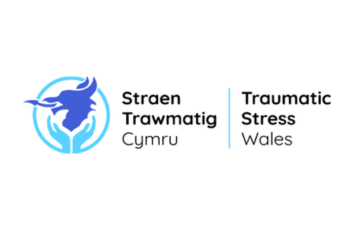
Traumatic Stress Wales
Improving the health and wellbeing of people affected by traumatic events.
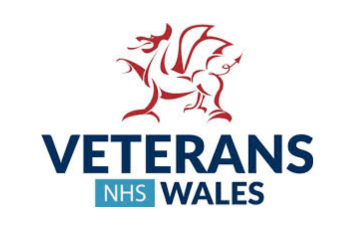
Veterans NHS Wales SBUHB
Specialised, priority service for individuals who have served in the Armed Forces, at any time in their lives and who are experiencing mental health difficulties related specifically to their military service.
Call: 01792 53 29 670
Local organisations that can help
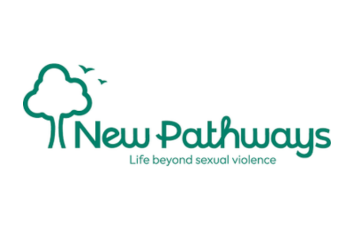
New Pathways
Support for those affected by rape, sexual abuse or sexual assault. A specialist support for adults, children and young people.
Email: enquiries@newpathways.org.uk
Call: 01685 37 93 10
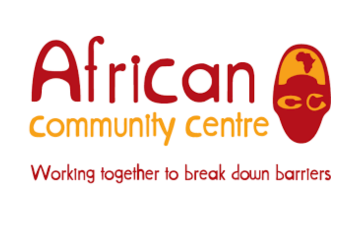
African Community Centre
To improve the health and well-being of ethnic minorities and other vulnerable groups by the provision of Arts, therapeutic and counselling services and other recreational activities including those seeking asylum and those granted refugee status
Call: 0179 24 70 298
Resources
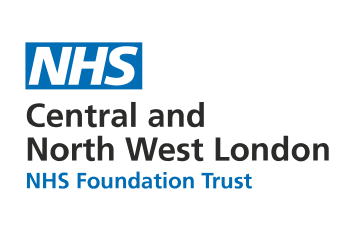
Trauma Stabilisation Manuals
Psychological Stabilisation is the process of learning and putting into practise a range of different skills and strategies to support you to manage distress more easily. Its all about learning to cope, keeping safe, gaining stability and control.
CNWL have developed a Stabilisation Manual, which can be downloaded. It comprises ten stabilisation workbooks, each of which will introduce you to a new stabilisation skill. These are all small skills, and alone they won’t be able to fix big problems. What they will be able to support you with is gaining a little more stability and control of the difficulties you may be experiencing, which in turn we hope will make it easier to start moving forwards towards recovery.
